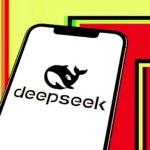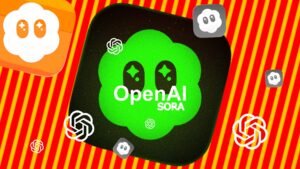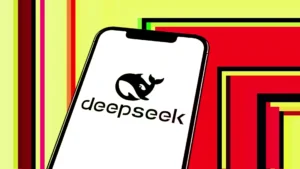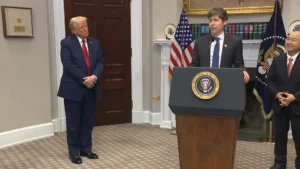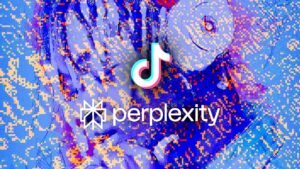
Recent years have seen rapid advances in AI technology, with some systems demonstrating the ability to autonomously generate novel and useful inventions. This has raised serious questions as to whether AI systems should be legally recognized as inventors – eligible for attribution and ownership rights over the patents for the inventions they produce.
Attempts have been made to file patent applications listing AI systems as the inventor, rather than a human being. However, major intellectual property offices worldwide, including in the United States, Europe, United Kingdom and others, have rejected these applications and maintained that current patent laws only recognize natural persons as inventors.
The reasoning focuses on interpretations of the term “inventor” itself as implying human beings who contribute their personal ingenuity, effort, judgement and creativity in conceiving an invention at a conceptual level. By this standard, AI systems – no matter how sophisticated – cannot qualify for inventorship rights as the law currently stands globally.
While reaffirming this stance, patent offices have clarified that inventions produced by AI can still be patented, provided there is evidence of conceptual contribution from one or more human inventors who are then credited. The bar has been set at human contributors making “significant” enough intellectual contribution – though standards here remain ill-defined.
There is consensus globally that, for the time being, attributing inventorship to AI systems would require substantive evolution in patent policies worldwide – a complex undertaking given international treaties and norms around intellectual property. Until further notice, AI therefore remains disqualified from inventorship eligibility under prevailing legal interpretations.
Technology marches forward apace, and pressure mounts for policy reform to grant proprietary rights over AI-generated inventions in an appropriate manner. The 21st century innovation ecosystem must balance incentives fairly between AI developers and human collaborators jointly furthering technical progress. This debate shall continue on the global stage.




